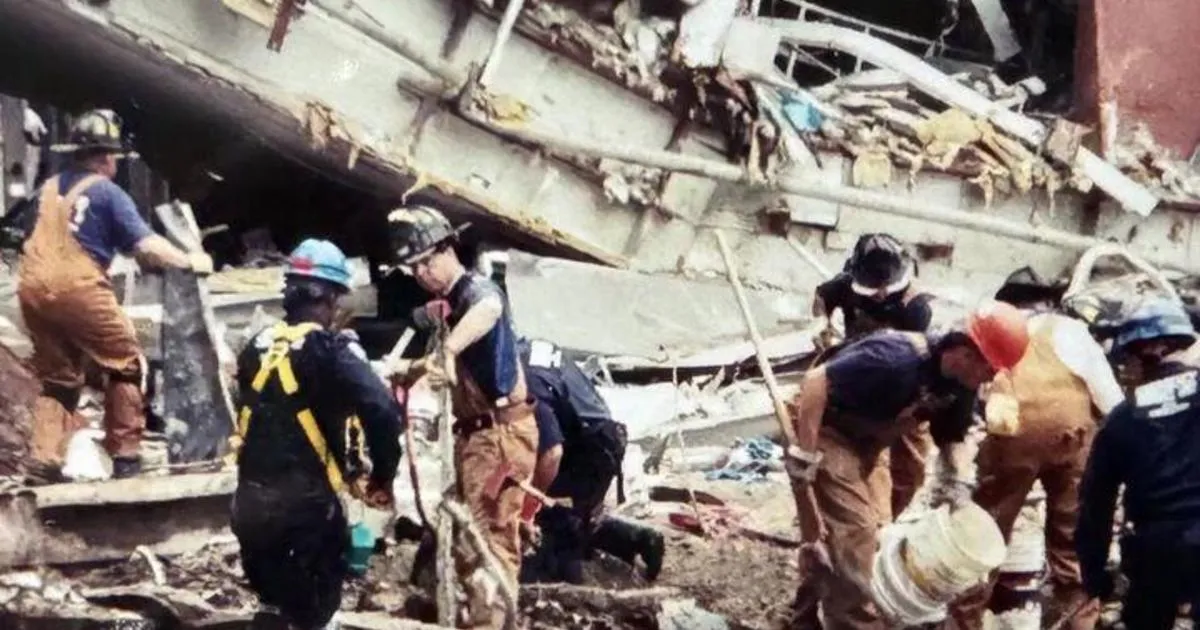Cancer Risk Among First Responders: The World Trade Center Health Program and 9/11

Cancer Risks Following 9/11
In New York City, the ongoing health crisis related to the World Trade Center tragedy reveals a staggering increase in cancer rates among first responders. Though the attacks caused immense immediate loss, the long-term health effects are increasingly concerning.
Funding the World Trade Center Health Program
The World Trade Center Health Program has faced numerous challenges, including insufficient funding to support the growing number of cancer patients and other health issues among rescue workers. Advocates like John Feal and Jon Stewart have raised alarms about the dire financial situation threatening essential health services for these heroes.
- The program was intended to be funded through 2090.
- Financial resources are critically low, with many health services at risk of being cut.
- The program now requires an additional $3 billion to continue providing necessary care.
As more individuals come forward with cancer diagnoses linked to their exposure at the site, it becomes crucial to mobilize support for first responders and push for renewed funding commitments.
Disclaimer: The information provided on this site is for informational purposes only and is not intended as medical advice. We are not responsible for any actions taken based on the content of this site. Always consult a qualified healthcare provider for medical advice, diagnosis, and treatment. We source our news from reputable sources and provide links to the original articles. We do not endorse or assume responsibility for the accuracy of the information contained in external sources.
This article was prepared using information from open sources in accordance with the principles of Ethical Policy. The editorial team is not responsible for absolute accuracy, as it relies on data from the sources referenced.